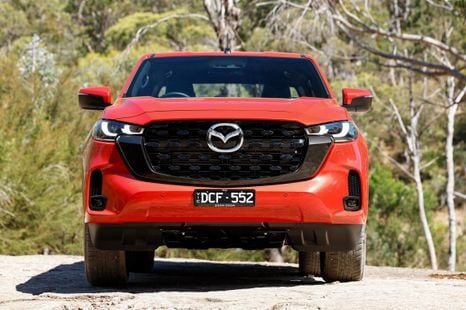

William Stopford
Almost 20 auto brands missed CO2 targets in Australian Government's first NVES results
7 Hours Ago
The Volkswagen Group and Redwood Materials have partnered up to recycle Volkswagen and Audi electric vehicle batteries in the US.

Contributor
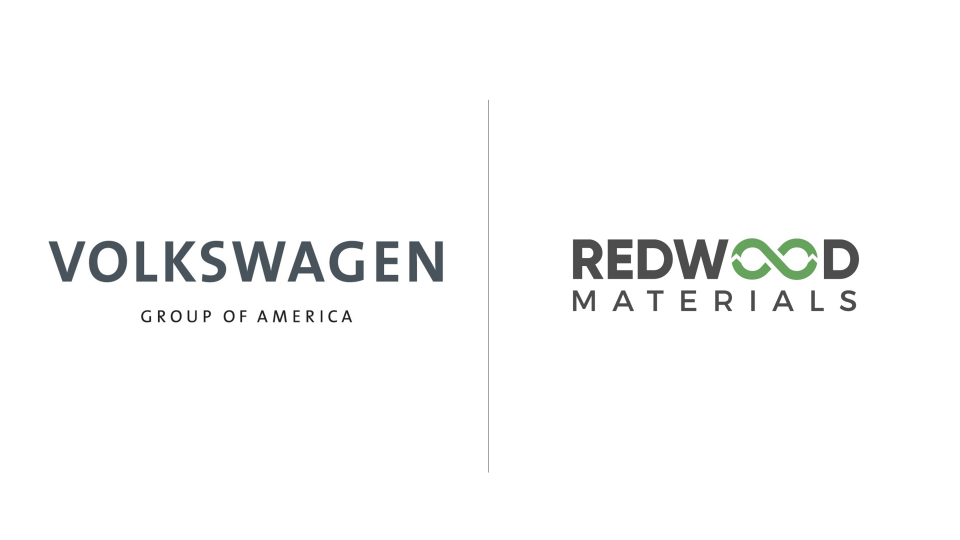

Contributor
Volkswagen Group of America (VWGoA) has announced it’s collaborating with Redwood Materials to recycle batteries from Volkswagen and Audi electric vehicles (EVs) in North America.
The ultimate goal of this partnership is to remanufacture battery materials in a domestic closed-loop supply chain, which could help reduce battery costs and the need to mine and ship raw materials.
This isn’t the first time that an automaker has partnered up with Redwood Materials to access its battery recycling technology.
Toyota, Ford, Volvo and Tesla have already partnered with Redwood Materials previously in order to recycle the batteries from their respective EVs. It also has partnerships with Amazon and Panasonic.
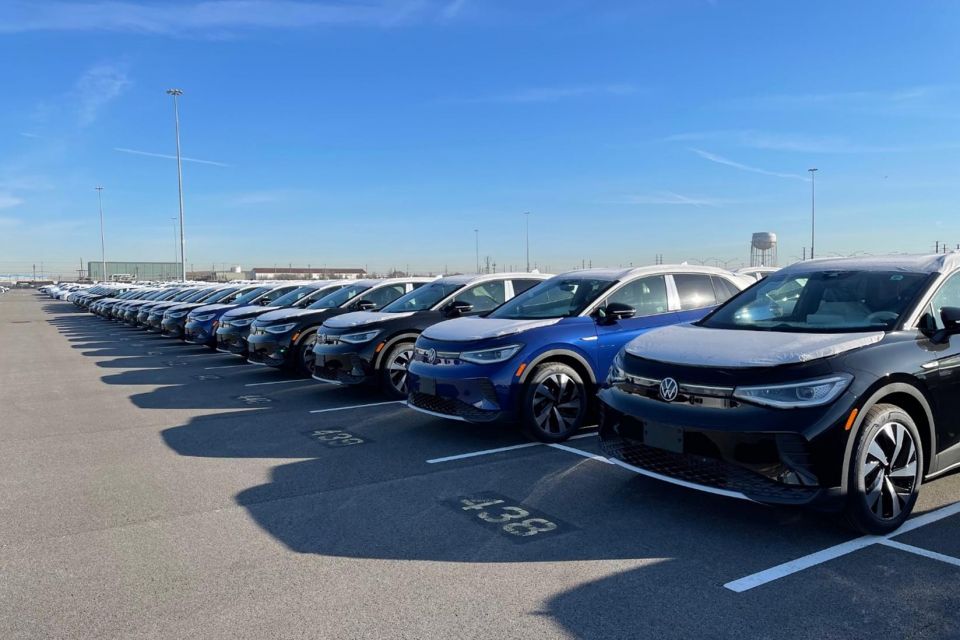
VWGoA said in a statement that this collaboration “represents a crucial step in grown North America’s domestic EV industry”.
This comes as the automaker recently announced it’s aiming for 55 per cent of its US sales to be all-electric by 2030.
Redwood Materials will work with dealers and Volkswagen facilities in order to identify end-of-life batteries and materials.
Once these have been identified, they’ll be safely packaged and transported to Redwood Material’s Nevada facilities for recycling.
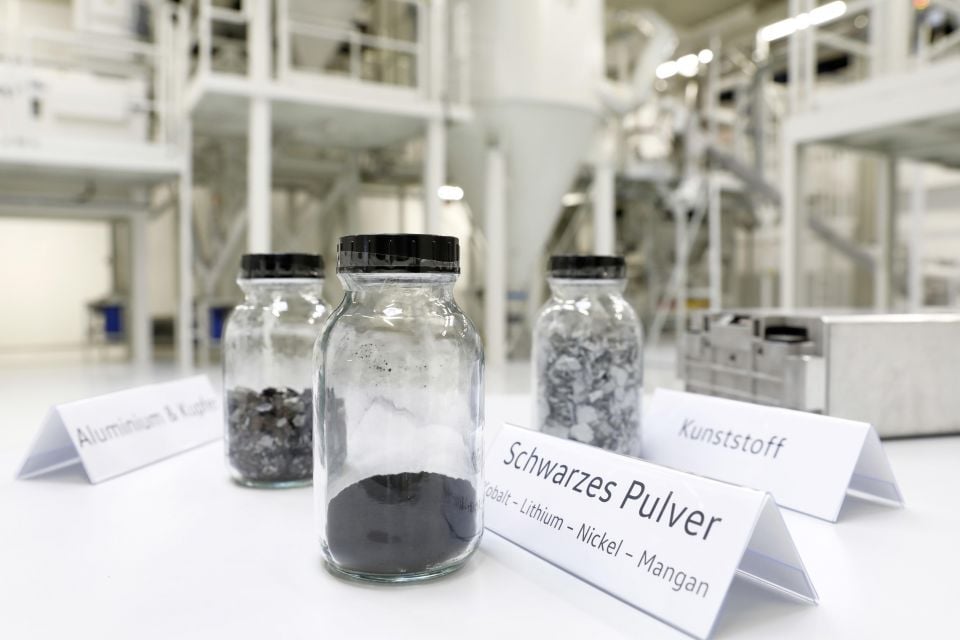
In addition to these consumer-level EV batteries, Volkswagen will also send prototype batteries from its research facilities, such as the Battery Engineering Lab (BEL) in Chattanooga, Tennessee, for proper recycling as well.
Redwood Materials extracts raw materials such as cobalt, copper, nickel, and lithium from the end-of-life and prototype lithium-ion batteries and refines and remanufactures them into critical battery components, anode copper foil and cathode.
These recycled products are then delivered back to domestic battery cell manufacturers to be used once again.
For an in-depth article about the intricacies and processes of EV battery recycling from a local perspective, click here.
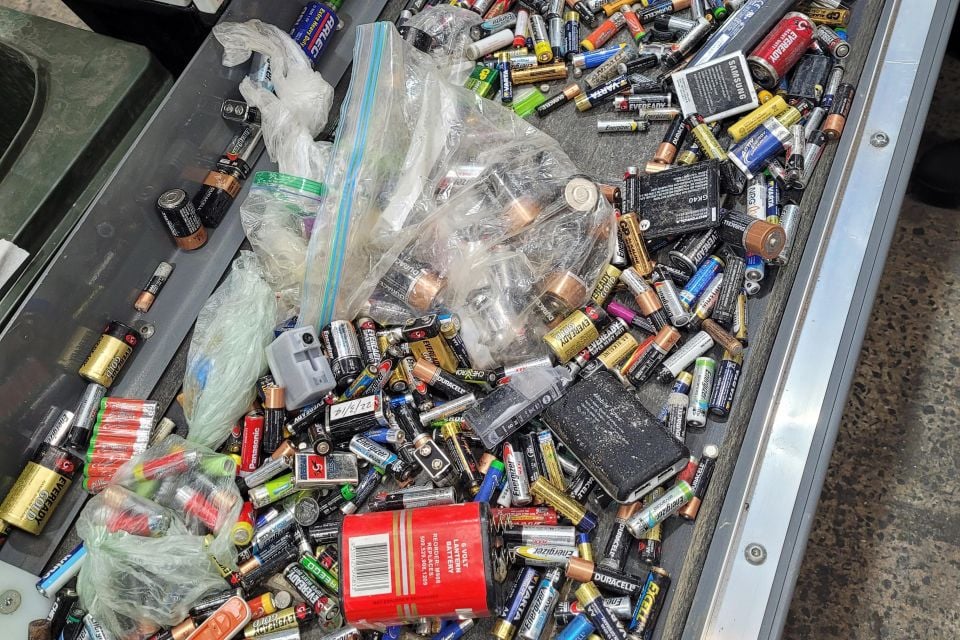
Redwood Materials says it currently recycles more than 6GWh of lithium-ion batteries at each of its facilities in Nevada, which it says is equivalent to 60,000 EV batteries.
The Nevada-based battery recycling company was founded by Tesla co-founder and chief technical officer (CTO) JB Staubel in 2017.
Mr Staubel previously led the first Tesla Gigafactory concept through the production ramp of the Model 3 sedan.
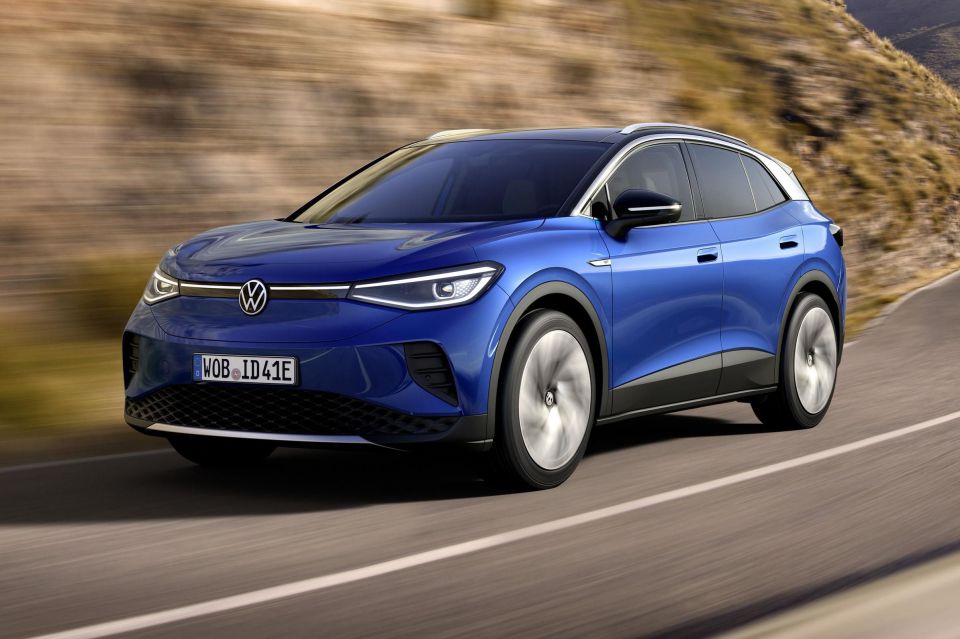
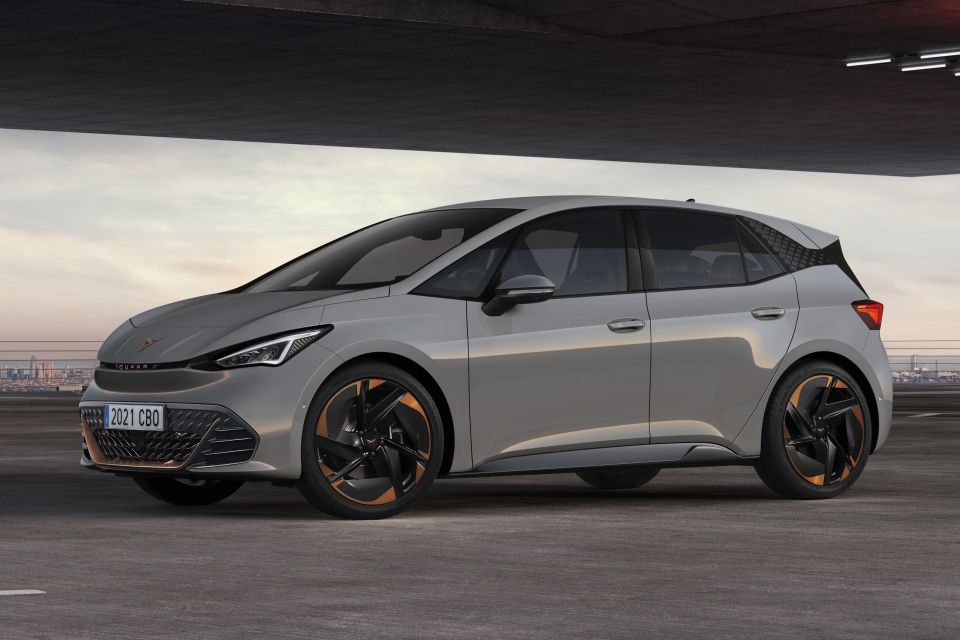
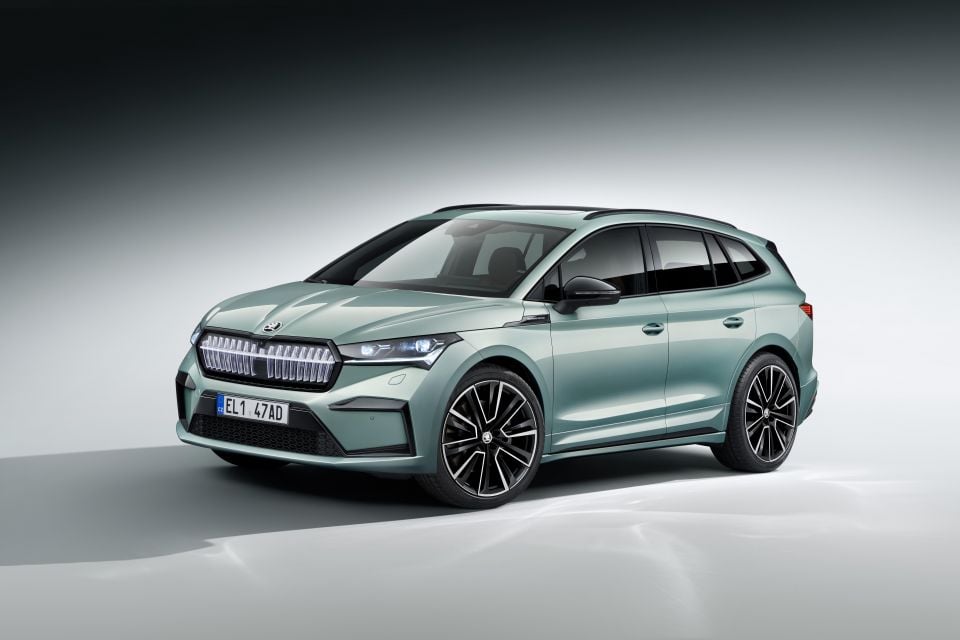
While Audi sells the electric e-tron and e-tron GT locally, the Volkswagen brand doesn’t yet offer any EVs in Australia.
The MEB-based Volkswagen ID.4 isn’t expected until late 2023 due to huge Northern Hemisphere demand and Australia’s lack of CO2 targets placing us down the pecking order, while Skoda won’t start taking orders for the Enyaq until 2023, which suggests deliveries in 2024.
They’ll be beaten to market by the Cupra Born, due in the first quarter of 2023.
Other Volkswagen Group EVs such as the Q4 e-tron, Volkswagen ID.5 and Volkswagen ID. Buzz aren’t currently locked in for Australia, with the lattermost high up on Volkswagen Australia’s wish list.
MORE: Will electric vehicle batteries end up on the scrapheap in Australia?
Jack Quick is an automotive journalist based in Melbourne. Jack studied journalism and photography at Deakin University in Burwood, and previously represented the university in dance nationally. In his spare time, he loves to pump Charli XCX and play a bit of Grand Theft Auto. He’s also the proud owner of a blue, manual 2020 Suzuki Jimny.


William Stopford
7 Hours Ago


Damion Smy
8 Hours Ago
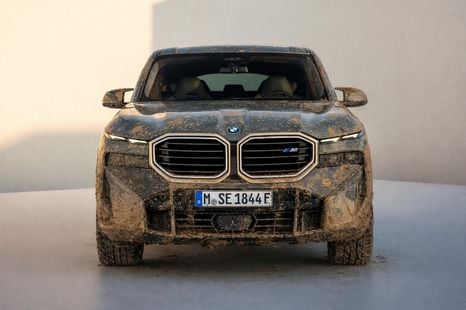

Damion Smy
9 Hours Ago
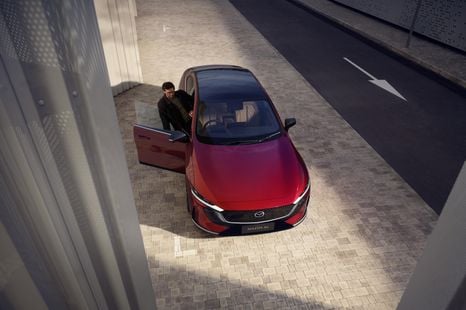

William Stopford
10 Hours Ago
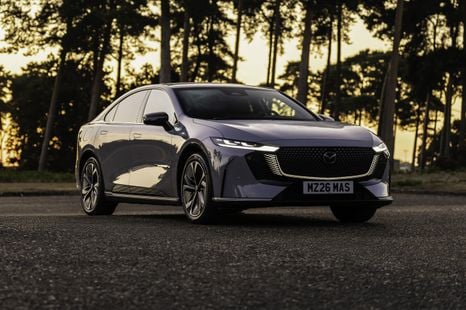

William Stopford
10 Hours Ago
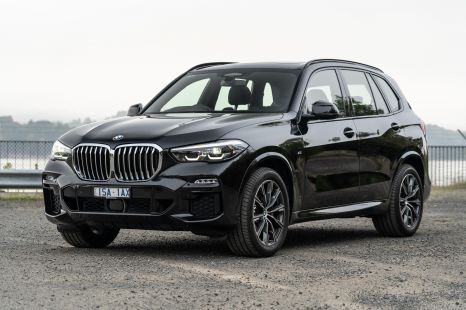

William Stopford
11 Hours Ago
Add CarExpert as a Preferred Source on Google so your search results prioritise writing by actual experts, not AI.